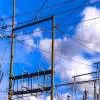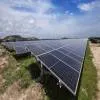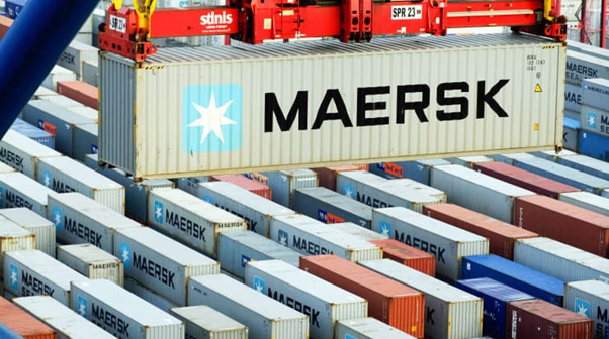
Late supply, low demand deal a blow to containerised trade
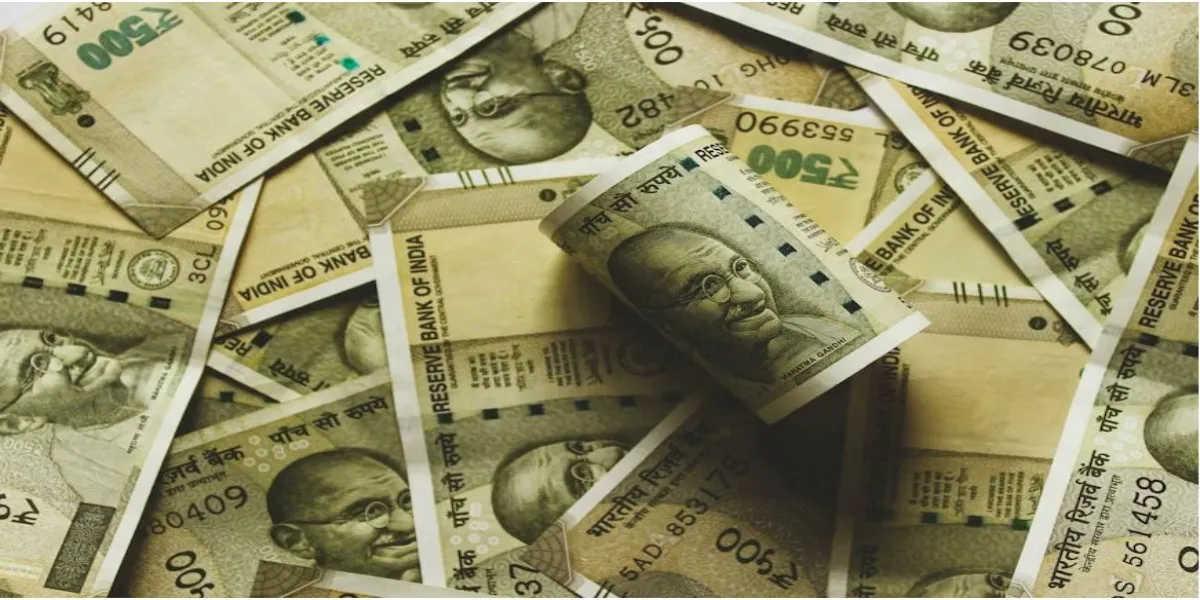
Daikin Boosts Haryana’s Innovation Push with Rs 10 billion R&D Plan
Japanese multinational Daikin Industries has committed an investment of Rs 10 billion to set up a new research and development centre in Haryana. The proposed facility will focus on advanced technologies and sustainable industrial solutions, marking a significant boost to the state’s innovation and industrial ecosystem. The announcement follows the signing of a Memorandum of Understanding (MoU) in Osaka, Japan, during a visit by a Haryana government delegation held from October 6 to 8. The MoU was signed by Amit Kumar Agrawal, Commissioner and Secretary, Industries and Commerce Department, ..
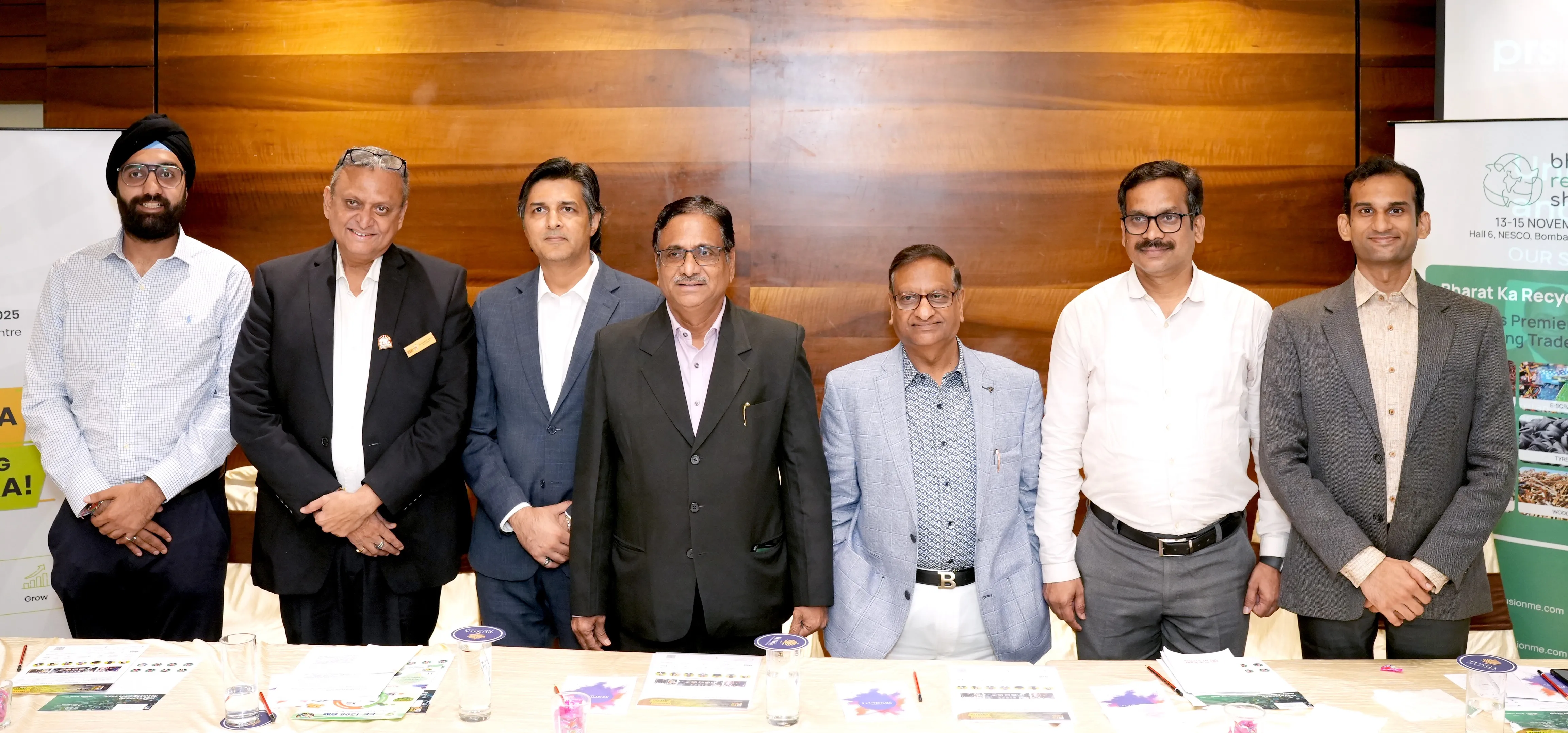
Recycling Leaders Push for Policy Reforms in India
As India prepares for the largest recycling-focused event in its history, industry leaders are making a strong case for policy reforms to unlock the country’s circular economy potential. Ahead of the Bharat Recycling Show (BRS) 2025, co-located with Plastics Recycling Show (PRS) India, a high-level panel discussion in Mumbai spotlighted the urgent need for regulatory clarity, digital innovation, and integration of the informal sector.Held under the theme “Unlocking Circular Value: Regulatory and Market Trends in Recycling”, the panel brought together prominent voices from across the recy..

Environmental Hearing Set for 1000 MW Naying Hydro Project
The environmental public hearing for the 1,000 MW Naying hydroelectric project will take place on November 12 at Yapik community hall in Shi-Yomi district, Arunachal Pradesh, officials confirmed. The run-of-the-river project on the Siyom (Yomgo) river is being developed by the North Eastern Electric Power Corporation (NEEPCO). Construction, including a concrete dam, underground powerhouse, and tunnel, is expected to commence around 2028, with commissioning planned by 2032. The project aims to generate approximately 4,966.77 GWh of electricity. The Naying project received Central Electricity ..







